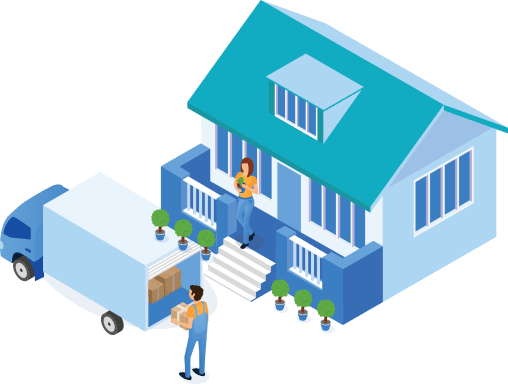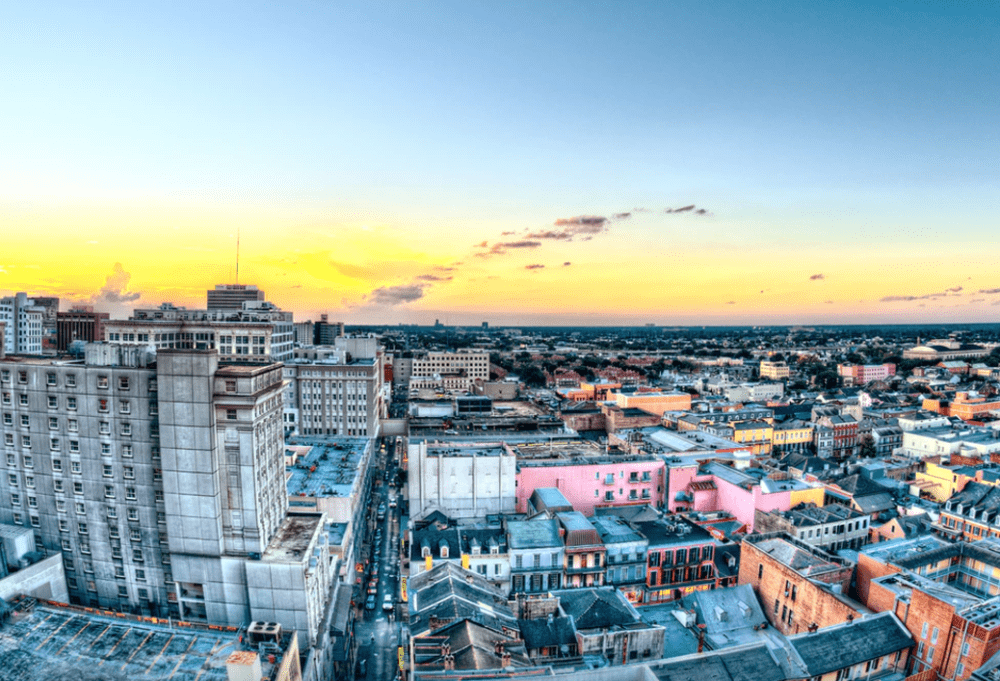Top Tips For First Home Buyers
- Consider A Mortgage Broker
This is a bit of a no brainer. A broker doesn’t cost you a cent and they come with a truckload of advantages. A mortgage broker’s job is to find you the best possible home loan for your situation. They have contacts with people in the industry that you as a consumer will never have, saving you money and a whole lot of time and stress. They’re also a great resource for first home buyers because they can walk you through every step of the buying process, from what you need to save for a deposit right up to when your keys are handed over.
- Your Budget Is Your Best Friend
Once you’ve got your savings goal with the help of your mortgage broker, sort out a budget that will get you there. A great pointer from our mates over at Property Way is to make sure you include a bit of cash for social activities and ‘miscellaneous’ spending. If you don’t, that one night out a month with your mates will suddenly mean you’ve missed your savings goal and the next month becomes harder. It’s too easy to start feeling negative and unmotivated so if you keep your budget realistic, you’ll have a lot more savings success in the long run.
Think about the small luxuries that you could do without. Does Foxtel need to be connected for the next 6 months or could you save that $400? As a bloke, you could easily be drinking another $500 of alcohol every four weeks. Have a month of “nothing new”… no clothes, no home wares. You’d be surprised how much those small purchases add up. Keep looking at those Pinterest boards to remind yourself why it’s worth the sacrifices 😉
- Rid yourself of excess debt
Credit cards, car loans… get rid of them. Pay any outstanding debt off before you start thinking about applying for a home loan. This can mean you’ll be able to borrow more money and also frees up your cash quicker to use on mortgage repayments. Make sure you’re not missing any payments either as a bad credit rating won’t get you very far. Disclaimer: talk to your mortgage broker first, as sometimes it helps to have a pile of cash and retain a few credit cards, as opposed to no debt and no cash!
- Know the true costs of purchasing a house
Start having a read about what costs are really involved with entering the property market. Yes you need a deposit, but what about stamp duty tax, lenders mortgage insurance, a conveyancer, solicitor and savings for the maintenance of the property once you’ve got it? The list goes on. You have to be aware of the different costs involved and make sure you include these in your savings budget. There are also a few concessions that you need to know about such as the first homeowner grant. You can visit their website here to read more about it.
- Buy with your head, not with your heart
As soon as you start looking at properties your mind wanders straight to bathroom renovations or what furniture you need to get that perfect minimal- scandi-yet-homely balance going on. It’s your first house, it’s not meant to be your dream home. Work your way up! If being able to buy means a small place that needs a lot of work, then so be it. Think about the area you’re buying in, will the property increase in value significantly? The worst house on the best street thing that your parents probably preach is still great advice. What’s the local council like and how good are their services? Public transport, schools. There are a million different factors that tell you if a property is a smart move investment wise. When you start looking for your second place in another 5 years you’ll be thanking yourself for a smart first home purchase big time.
- Get a property inspection
Before you make an offer, sign a contract, anything but look at a property, you need to get an inspection done by a building surveyor. They’ll check for things like termites and other pests, structural faults or water damage. It might mean you’re totally put off from the property and avoid spending money on a disaster, or it could reveal things that can fixed but give you leeway to negotiate a lower price.
- Get a guarantor
Using a guarantor has become an incredibly popular way for first homebuyers to enter the market. Banks have recognised how difficult it is for young people to save a house deposit and as a result, new products have been created to give you more options. Asking your parents to be a guarantor means that you’ll need to save a far smaller deposit, if any at all, and eliminates the mortgage insurance premium. For instance, if you’re saving for a $500,000 house, the minimum deposit you’ll need is $25,000. You’d then be up for another $15,000 in mortgage insurance and your stamp duties. Getting a guarantor is a no brainer if you have that option available to you.
Buying your first home is one of the biggest decisions you’ll ever make. It’s worth educating yourself and contacting people who can help make the process smoother. Give us a call with any other questions you might have!










